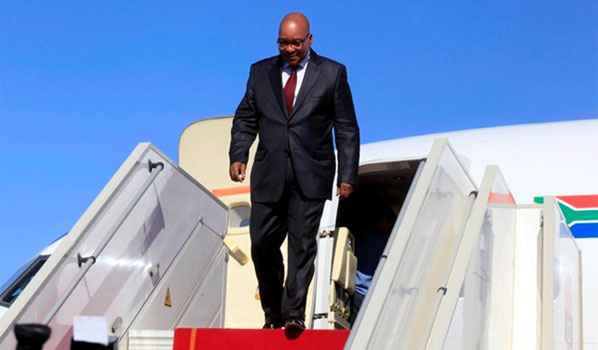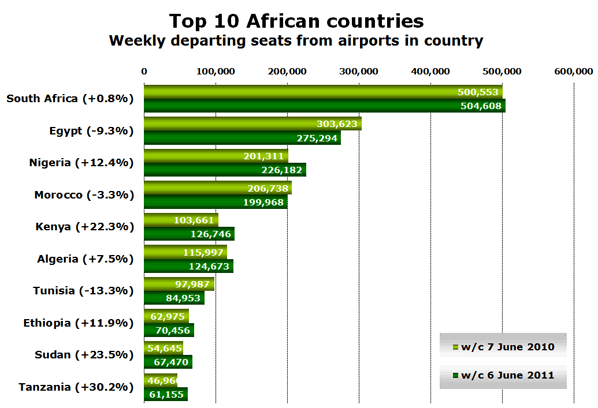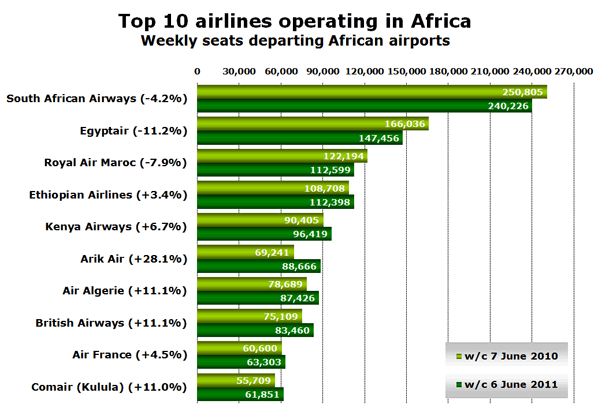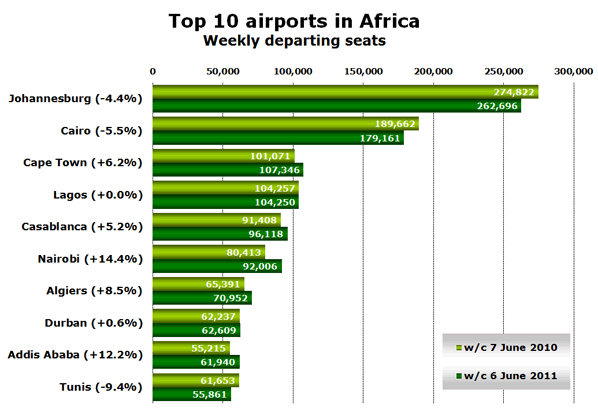By Associated Press
The words hit Aziz Nouhaili like a smack in the face: After the U.S. Embassy in Kuwait confiscated his passport, an official told him he should no longer think of himself himself a U.S. citizen.
For nearly four months Nouhaili, a naturalized U.S. citizen from Morocco, has been trying to get home from Kuwait, where he worked for several years as a military contractor. So far, U.S. officials have refused to relent, continuing to keep him in Kuwait while they consider whether to revoke his citizenship over a decades-old passport problem.
"Being a U.S. citizen is a beautiful thing. It's something I'm not planning to give up that easily," Nouhaili, 47, said in a phone interview Thursday describing the bureaucratic nightmare that has taken life.
On Thursday, Nouhaili's lawyer with the Council on American-Islamic Relations wrote a letter to secretary of State Hillary Clinton requesting that Nouhaili be given his passport so he can return home.
"American citizenship is too important to be subject to the whims of low level bureaucrats," his lawyer Gadeir Abbas, wrote in the letter. "If there are any concerns about my client's citizenship, he has the right to have those concerns addressed through the judicial process once he returns to the United States."
The hitch appears to be a passport problem that Nouhaili had more than two decades ago, before becoming a citizen. Nouhaili admits he provided false information to try and obtain a passport. But he cooperated with an investigation and was never charged.
Subsequent to that, he became a U.S. citizen in 1999 after marrying a U.S. citizen. He lived in New york and later in Eugene, Ore., until 2004 when he took the job in Kuwait. He planned to return home earlier this year and start a new job in Las Vegas. His wife and youngest daughter, who were with him in Kuwait, were allowed to return to the U.S. and did so. they are now in Tunisia, where the wife has family.
Nouhaili said he talks with his family daily on Skype.
"She doesn't understand what's going one," he said of his 8-year-old daughter. "She says, 'Why aren't you here?'"
Abbas said that if the government wants to revoke Nouhaili's citizenship over the old passport matter, it has to do so in a federal court and give Nouhaili his due process rights.
CAIR has frequently intervened in cases where American Muslims have been stuck overseas. Most often, Abbas said, the cases revolve around placement on the no-fly list, which is not an issue in Nouhaili's case.
In 2007, they helpd bring a toddler to the U.S. who had been stuck for two years in Morocco becuase his name, Ahmedyassine, was similar to the founder of Hamas.
More recently, they helped secure the return of two young men from Virginia, Yahya Wehelie and Gulet Mohamed, whose separate travels to Yemen drew scrutiny from the FBI and landed them on the no-fly list. In Mohamed's case, U.S. officials quickly made arrangements for ohamed to return to the U.S. after a judge said at an initial emergency hearing that Mohamed's inability to return to the U.S. appeared to be a "clear violation" of his rights.
Mohamed, like Nouhaili, was stuck in Kuwait. In Nouhaili's case, though, there is no indication that authorities have any concerns about radicalism or terrorism — Nouhaili has worked without incident for several years for a military contractor in Kuwait, and Nouhaili said he has not been questioned about anything other that the passport.
Still, Abbas said he doubts that Nouhaili would be be having these problems if he weren't a Muslim.
"We don't have any definitive evidence but I doubt the embassy would be taking such drastic actions if he were of a different faith," Abbas said.
Incidents such as these affect the whole Muslim community, Abbas said, because Muslims worry that they could easily fall into a bureaucratic abyss.
Abbas said he intends to file a federal lawsuit if the State Department continues to refuse to let Nouhaili travel.
The State Department on Thursday referred calls to its Bureau of Consular Affirs, which did not immediately return a call seeking comment. Calls and e-mails to the Department of Homeland Security, which is conducting the investigation of Nouhaili's citizenship, were not returned.
By Associated Press | 03:28 PM ET, 06/02/2011








